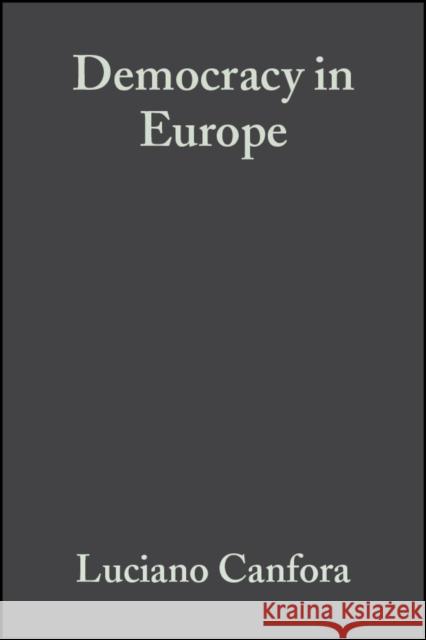Democracy in Europe: A History of an Ideoloy » książka
topmenu
Democracy in Europe: A History of an Ideoloy
ISBN-13: 9781405111317 / Angielski / Twarda / 2006 / 308 str.
This history traces the development of democracy in Europe from its origins in ancient Greece up to the present day.
- Considers all the major watersheds in the development of democracy in modern Europe.
- Describes the rediscovery of Ancient Greek political ideals by intellectuals at the end of the eighteenth century.
- Examines the twenty-year crisis from 1789 to 1815, when the repercussions of revolution in France were felt across the European continent.
- Explains how events in France led to the explosion of democratic movements between 1830 and 1848.
- Compares the different manifestations of democracy within Eastern and Western Europe during the latter half of the nineteenth century.
- Considers fascism and its consequences for democracy in Europe during the twentieth century.
- Demonstrates how in the recent past democracy itself has become the object of ideological battles.











